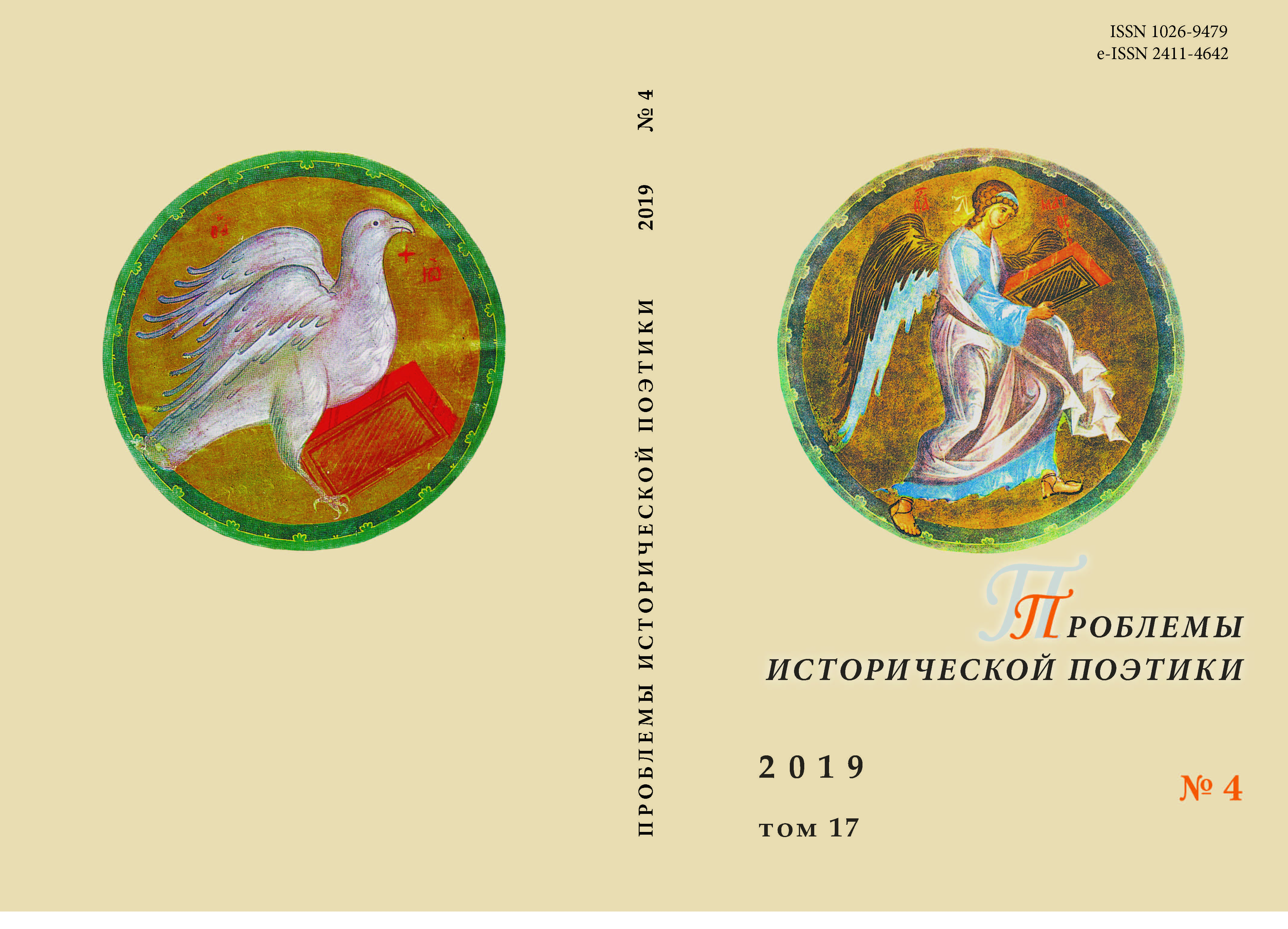«МЕДНЫЙ ВСАДНИК» В ТВОРЧЕСТВЕ Ф. М. ДОСТОЕВСКОГО
“THE BRONZE HORSEMAN” IN THE WORKS OF F. M. DOSTOEVSKY
Author(s): Vladimir Aleksandrovich ViktorovichSubject(s): Studies of Literature, Russian Literature, Philology, Theory of Literature
Published by: Петрозаводский государственный университет
Keywords: Pushkin; “The Bronze Horseman”; Dostoevsky; genesis of creative process; abandon of man by the God; metaphysics of the Petersburg text;
Summary/Abstract: The article reveals the repercussions of Pushkin’s poem “The Bronze Horseman” in the works of F. M. Dostoevsky. In a St. Petersburg poem “The Double” the paraphrase is seen in the chronotope (November, St. Petersburg, a paving bollard), in the risk of inundation and the manifestation of extra personal power personalized by Dostoevsky in the double instead of the statue. Similar to Pushkin’s Eugene, Golyadkin challenges an oppressive power and gets through the catastrophe of madness. In contrast to Pushkin, in Dostoevsky’s poem the destruction comes from both a hostile world and from an ambitious personality of the hero. Dostoevsky interpreted Pushkin’s masterpiece as an existential subject about the abandon of man, who has doubts on the stability of the world existence, by the God. This motif manifests itself first in the “Poor Folk” and is developed later in “The Double”, “Mr. Prokharchin”, “A Weak Heart” where the fear of life and uncertainty leads to a catastrophe. A metaphysic meaning of the so called “seeing on Neva” is analyzed which goes from one Dostoevsky’s writing to another. Along with the mentioned ones, there are also “Petersburg Dreams in Verse and Prose”, “Crime and Punishment”, “A Raw Youth”. The Petersburg text of Dostoevsky is shaped due to “The Bronze Horseman” on the edge of symbolism related to the theme of the biblical Iyov and phantasmagoria of a ghost-town. The poem about Peter and Eugene became the part of the Pushkin code of Russian literature and got a chance to enhance a semantic capacity during the following epochs. Thus, Dostoevsky discloses in the prototext more and more resources implementing them in his own writings. So, the hypothesis of A. L. Bem—S. G. Bocharov about the existence of a genetic memory of literature is confirmed.
Journal: Проблемы исторической поэтики
- Issue Year: 17/2019
- Issue No: 4
- Page Range: 107-122
- Page Count: 16
- Language: English, Russian

